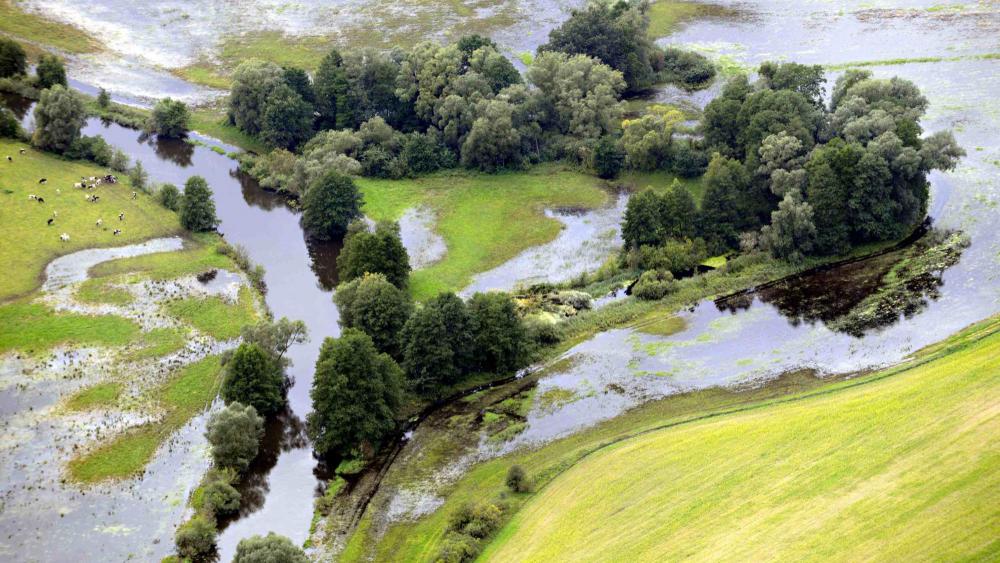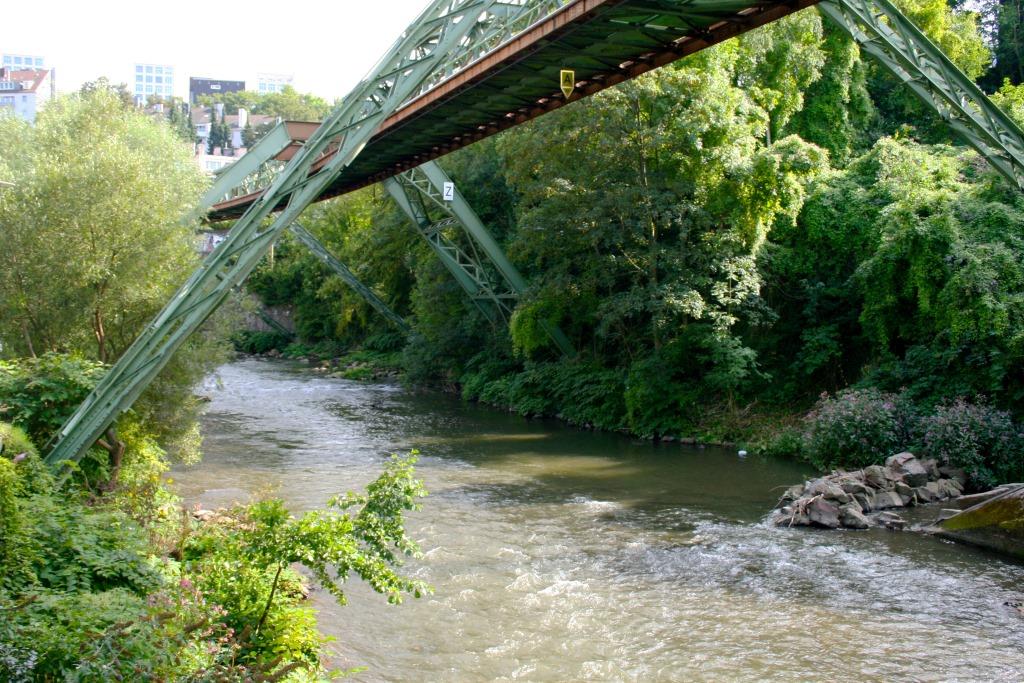RESI
Short profile
Duration

River Spree. | Photo: Martin Pusch
RESI assesses, evaluates and visualizes the actual as well as potential services to the human society provided by ecosystems of rivers and their floodplains. The interactions of various ecosystem uses are represented in order to show inter-sectorally optimized management options and synergies, for example between water management, recreation and nature conservation.

River Wupper. | Photo: A. Kaiser
Already before the century floods in Danube and Elbe in the summer of 2013, rivers and their floodplains regularly appear in the media with reports about flood preservation and low water phases, and also due to the increasing interest in bathing, boating and cycling tourism alongside rivers. River landscapes have been most intensely used for centuries, and nowadays even more essential regulation functions are expected due to recent changes in climate, demography and agriculture. This has provoked conflicts on their use on many German rivers, especially among navigation, hydropower, flood protection, nature conservation, recreation and tourism and urban developments as well as agriculture and forestry. How may such conflicts be mitigated in an efficient, comprehensible and future-oriented way?
Experiences in the practice of water management and nature conservation show that a balance between the various interests is facilitated if the respective ecosystem services used by the involved sectors of society are known. Therefore, the project RESI develops a tool to assess the potential and actually used ecosystem services and their interactions for 5 exemplary river sections in Germany. Assessment results are then provided as an integrative and attractively visualized River Ecosystem Service Index (RESI).
Hence, the RESI represents an innovative cross-sectoral basis for communication and decision-making which enables an interdisciplinary ecological-economic evaluation of development scenarios for river corridors. This also allows to derive optimization strategies that may represent important fundamentals for decision-making in the practice of river corridor management.
For more information, events and downloads please visit www.resi-project.info/en
RESI is funded by 77% by the Federal Ministry of Education and Research (BMBF). The rest of funds are contributed by in-kind contributions by several of the involved institutions. Projektträgerschaft Ressourcen und Nachhaltigkeit, Projektträger Jülich (PtJ). BMBF-funding action “Regional Water Resources Management for Sustainable Protection of Waters in Germany (ReWaM)”part of the funding priority “Sustainable Water Management” (NaWaM) within the framework of Research for Sustainable Development of BMBF (FONA).



